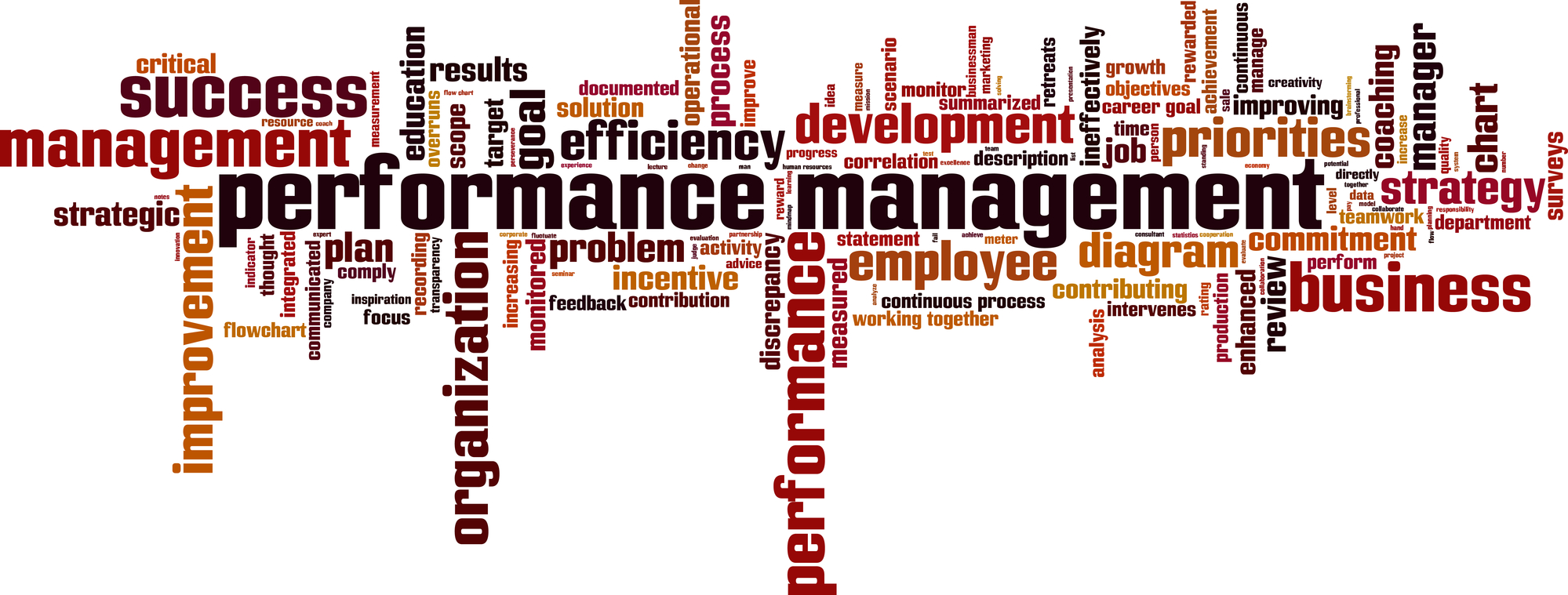The Importance of Performance Management Process

THE IMPORTANCE OF PERFORMANCE MANAGEMENT PROCESS
Companies are constantly striving to improve their performance and achieve their goals. The Performance Management Process is an essential instrument that aids in this process. Organizations may increase productivity, engage staff members, and promote a culture of continuous development with the help of this organized method to managing employee performance. We shall examine the necessity of the Performance Management Process for all businesses seeking to advance in this post.
- Setting Clear Objectives and Expectations: A robust Performance Management Process provides a framework for setting clear objectives and expectations for employees. By aligning individual goals with organizational objectives, employees gain a sense of purpose and direction. This clarity fosters a shared understanding of priorities, enabling employees to focus their efforts on the most important tasks. When expectations are well-defined, employees are more likely to deliver high-quality work, resulting in improved overall performance.
- Enhancing Employee Engagement: Regular performance discussions and feedback sessions are integral to the Performance Management Process. They provide opportunities for managers to have meaningful conversations with their employees, discuss strengths and weaknesses, and offer guidance for improvement. Such engagement initiatives create a supportive environment, build trust, and demonstrate that the organization values its employees. Engaged employees are more likely to be motivated, satisfied, and committed to their work, resulting in increased productivity and improved performance outcomes.
- Identifying Skill Gaps and Development Opportunities: Through the Performance Management Process, organizations can identify skill gaps within their workforce. By evaluating employee performance against predetermined criteria, managers can pinpoint areas that require improvement. This knowledge helps in designing targeted training and development programs to bridge those gaps. Investing in employee development not only enhances individual skills but also strengthens the organization as a whole, leading to improved performance across various functions.
- Encouraging Regular Feedback and Recognition: Frequent feedback and recognition are essential components of a successful Performance Management Process. Timely feedback enables employees to course-correct, improve their performance, and avoid potential pitfalls. Constructive feedback helps individuals understand their strengths and weaknesses, fostering a culture of learning and improvement. Additionally, recognizing and appreciating employees’ efforts and achievements boosts morale, job satisfaction, and overall motivation, leading to higher levels of performance.
- Driving Accountability and Performance Improvement: A well-designed Performance Management Process establishes accountability at all levels of the organization. When employees know their performance will be regularly evaluated, they tend to take ownership of their work and strive for excellence. By implementing performance metrics and tracking progress over time, organizations can identify trends, patterns, and areas of improvement. This data-driven approach allows for evidence-based decision-making, targeted interventions, and continuous improvement, resulting in enhanced overall performance.
In a rapidly changing business environment, companies cannot afford to overlook the significance of the Performance Management Process. By setting clear objectives, fostering employee engagement, identifying skill gaps, promoting regular feedback, and driving accountability, organizations can create a culture of continuous improvement. This process not only benefits individual employees but also leads to enhanced overall performance, increased productivity, and ultimately, a competitive edge in the marketplace. Therefore, the Performance Management Process is a must for all companies committed to achieving sustained growth and success.
